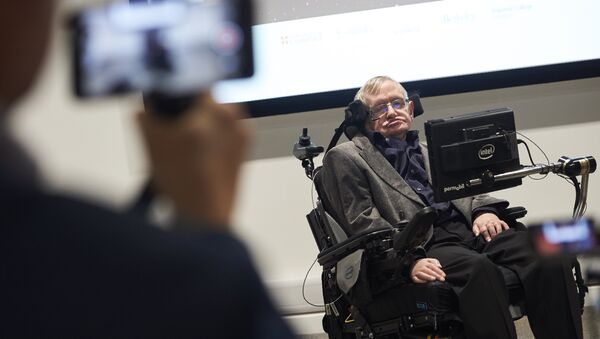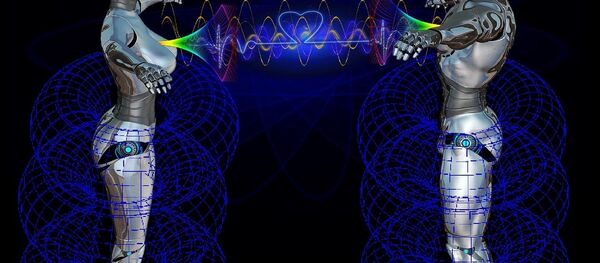The world famous physicist said that AI could bring about serious peril when creating powerful autonomous weapons. Hawking also warned that it could also be used to oppress and control the masses and if humanity does not learn how to cope with the risks posed, it could end in the destruction of civilization.
However, it wasn't all doom and gloom, as the cosmologist did paint a healthy picture of technology, claiming that it could potentially help to eradicate poverty and disease.
"We spend a great deal of time studying history, which, let's face it, is mostly the history of stupidity. So it's a welcome change that people are studying instead the future of intelligence," Hawking said at the opening of the Leverhulme Centre for the Future of Intelligence (LCFI) at Cambridge University on October 19.
Stephen Hawking to address launch of Cambridge University's Leverhulme Centre for the Future of Intelligence (CFI) @LeverhulmeCFI
— The Leverhulme Trust (@LeverhulmeTrust) 19 October 2016
"The potential benefits of creating intelligence are huge…with the tools of this new technological revolution; we will be able to undo some of the damage done to the natural world by the last one — industrialization. And surely we will aim to finally eradicate disease and poverty. Every aspect of our lives will be transformed. In short, success in creating AI could be the biggest event in the history of our civilization."
Hawking, who said that there is no distinction between what could be achieved by the human brain and artificial intelligence. In fact AI could eclipse and outdo human intelligence. He cited the area of driverless cars and said that more research into AI needed to be conducted.



